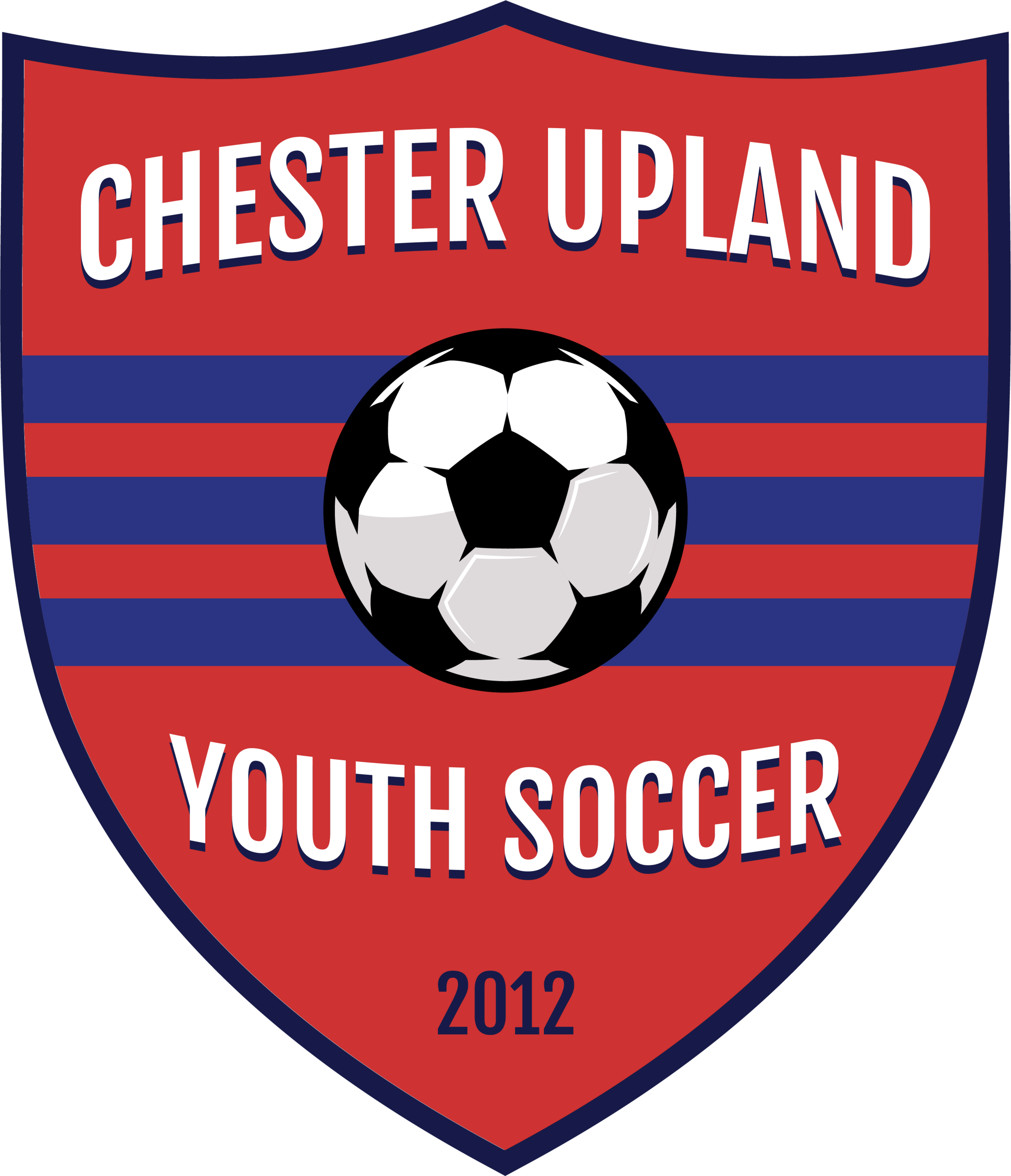chester’s mentoring Initiative
April 2023
Member Announcements:
May 6, 11-2pm: Chester River Festival will be held at the Subaru Park Plaza (Union’s stadium.) Rain date Sunday May 7th. Celebrate the Chester community along the Delaware River. Food trucks, fun family activities, music, local community groups, environmental education, giveaways and more. More info at https://www.delawareriverfest.org/chester
May 7: Child Guidance Resource Centers’ 10th annual Superhero 5K and Wellness Fair will be held at Rose Tree Park in Media. Fun family activities, access to community resources, and important information about substance abuse prevention and mental health. Details at https://www.cgrc.org/events/11
May 7: Shevlin Family Foundation will host a special Mother’s Day luncheon designed to bring together women who have lost a child who was afflicted with addiction. Details at https://shevlinfamilyfoundation.org/mothers-day-luncheon
Swarthmore College’s Scott Arboretum has two great free events coming up, and all are welcome.
June 1, 4-8pm: Rose Celebration at Swarthmore College’s Scott Arboretum, 500 College Ave in Swarthmore. Free rose crafts, tours of the rose garden, free samples of rose-flavored food and beverages, lawn games, food trucks, music, and a photo booth. All are welcome.
June 22, 4:30-6pm: Guided hike through Crum Woods. Learn more and register at https://www.scottarboretum.org/calendar/crum-woods-guided-hike/
Visit https://www.scottarboretum.org/calendar/ for additional information.
There are some wonderful opportunities for high schoolers to attend camps at Widener this summer, and there are scholarships available. See https://www.widener.edu/high-school-programs/workshops-summer-camps
Ages 16-18 are eligible for the STEP Summer Employment Program. Please visit https://www.chestereducation.org/step for details.
Our guest speaker, Alyssa Franklin, Director of Education at Girls First, discussed utilizing the arts in trauma-informed practices to build social emotional skills. Her fascinating slides are accessible here.
Alyssa explained that her organization has historically focused on girls because they have been proven key to breaking the cycle of poverty. “Every additional year of school increases a girls’ eventual wages by an average of 12% – earnings she invests back into her family. Empowered, educated girls have healthier, better-educated children and higher wages.”
Girls First uses the arts as a vehicle for teaching life skills and coping techniques. The arts allow for taking risks and expressing ourselves in a safe way. Collaboration and choice-making are embedded in the artistic process. It is soothing to consider that art is not about the final production; it’s about the process.
Social-emotional learning is the process of acquiring skills and attitudes that help develop healthy identities. This includes self-management, self-awareness, social awareness, relationship skills and responsible decision-making.
The trauma-informed approach is beneficial to all regardless of exposure to trauma. The key principles include ensuring safety, building trust, providing choices, fostering collaboration and nurturing empowerment.
Trauma and stress can change a child’s brain, impacting memory and other functionality, but positive interactions can mitigate those negative effects.
Neuroscientists have proven that in a stressful situation, one must regulate and relate before one can reason. Mentors can help by soothing the upset child and validating their feelings before asking them to consider what has happened and how things can be better next time.
It is important to reinforce for a stressed child that each situational choice does not define who the child is.
Predictability is key to feeling safe. Mentors should create expectations for children’s responsibilities and behavior, and then deliver consistent responses as appropriate.
Alyssa encouraged us to engage in the arts with our staff, not just the children we serve, to share in the many benefits. See https://cuys.org/cmi-jan-2023 for more tips on self-care.
She also invited us to consider the following questions:
How do you utilize the arts as a vehicle for learning at your organization? How have you witnessed the power of the arts and creative expression in your work?
How do you support social and emotional learning at your organization?
What types of training and supports does your organization have in place to create safety, trust, choice, collaboration, & empowerment?
Recognizing that many people drawn to this type of work often carry trauma themselves, are vulnerable to secondary trauma, and we are all collectively processing a global event…
How do we conduct trauma-informed training without (re)traumatizing our staff?
To share your thoughts on the above and to get more insights, please email Alyssa at alyssa@girlsfirst.org.
